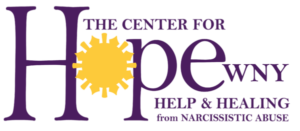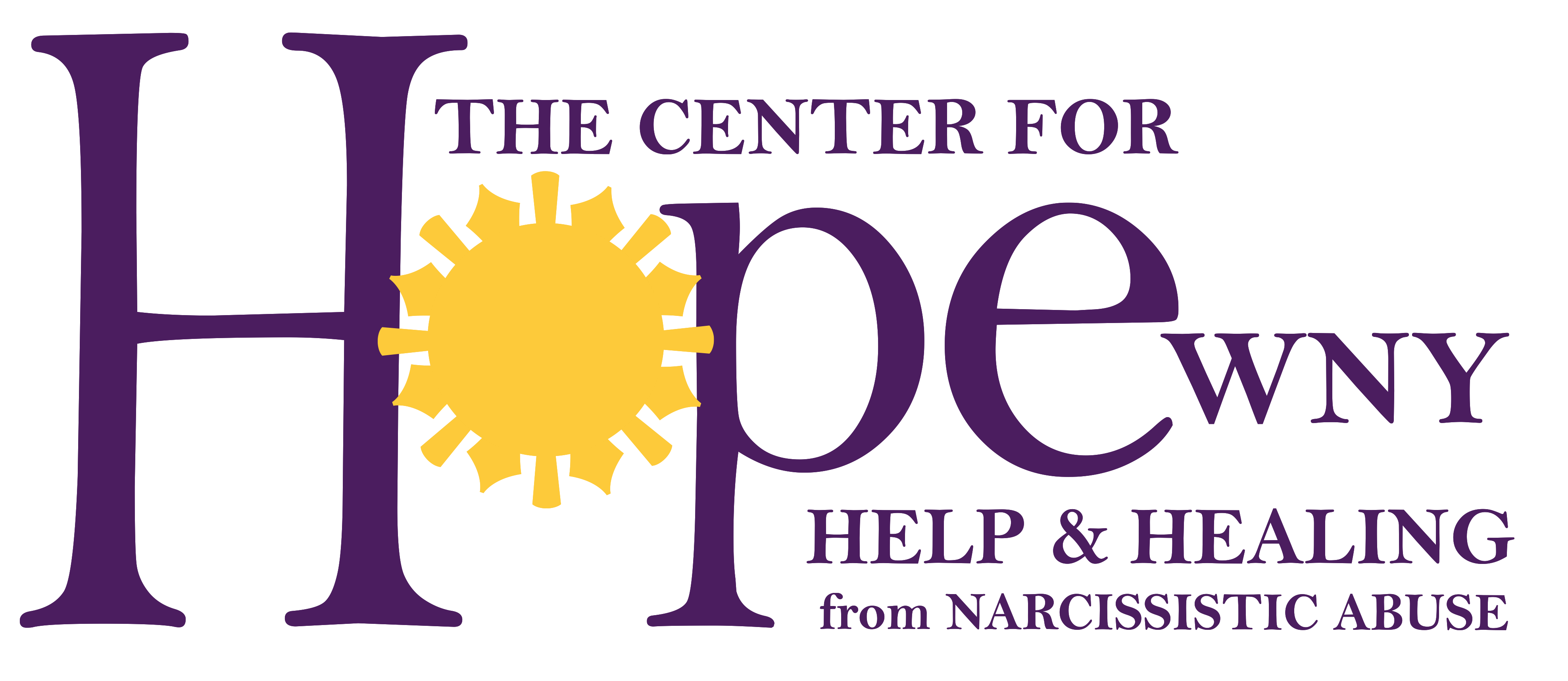- Hope, Help & Healing from Narcissistic Abuse
- 716.955.9658
- info@centerforhopewny.org

I wrote about this in my book “Wrecking Ball Relationships: How to Identify, Live With or Leave the Narcissist in Your Life.”
“The Diagnostic & Statistical Manual of Mental Disorders is the standard handbook used by healthcare professionals in the Americas and much of the world. It states Narcissistic Personality Disorder (NPD)Narcissistic Personality Disorder (NPD) The hallmarks of narcissistic personality disorder (NPD) are grandiosity, a lack of empathy for other people, and More is a pattern of self-centered, egotistical behavior destructive to others. Narcissists put their needs before others. The most important characteristics of NPD are grandiosity, seeking excessive admiration and a lack of empathy. The American Psychiatric Association defines narcissistic personality disorderNarcissistic Personality Disorder (NPD) The hallmarks of narcissistic personality disorder (NPD) are grandiosity, a lack of empathy for other people, and More as persistent grandiosity, a continuous desire for admiration, and a lack of empathy. It begins in early adulthood and is seen in people with at least five of the following characteristics:
An exaggerated sense of self-importance. They expect to be recognized as superior without matching achievements.
A preoccupation with fantasies of unlimited success, power, brilliance, beauty, or ideal love.
Believes he/she is “special” and should only associate with other special high-status people or institutions.
Requires excessive admiration
Has a strong sense of entitlementNarcissistic Entitlement refers to a belief that one’s importance, superiority, or uniqueness should result in getting More
Selfishly takes advantage of others to achieve his own ends
Lacks empathy or genuine concern for others
Is often envious or believes others are envious of him
Shows arrogant, haughty, patronizing, or contemptuous behavior
I was guilty of doing what I now tell my clients is a huge red flag: I googled my father’s symptoms. He told me lie after lie. I was lost and confused. This wasn’t my father, at least it wasn’t the person I thought I knew.
But I kept persevering. I didn’t want to lose him. I’m the only child, I wanted to make this relationship work. I held out hope he’d see what was happening and realize how his words and actions were affecting me. The clues as to what he was suffering from started to add up.
He looked at everything as a competition
He’d ask me questions, not about how I was or how my children were but about which events or parties I was invited to as he wanted to compare his own invitations. He was always pleased when he was invited to more than me.
His words and actions didn’t match
He’d tell me he was sorry I felt a certain way after he said something but would continue with the same behavior. It felt like we hadn’t talked at all. When I confronted him about something cruel he’d said to me, he responded with his resume. He literally said “I” 47 times in the email. That was a clue that his image and his need for public attention would always be greater than any relationship.
He categorically refused to take accountability for his actions
He would give me the narcissist’s “non-apology apology,” where he’d apologize for something irrelevant to my hurt. He went to one of the regular tools he used when he perceived an offense or criticism, or blame – gaslightingGaslighting is a form of psychological manipulation in which a person covertly sows seeds of doubt in a More, the silent treatmentSilent Treatment The silent treatment is a form of emotional abuse typically employed by people with narcissistic tendencies. It More or triangulationTriangulation is when a toxic or manipulative person, often a person with strong narcissistic traits, brings More. He had no ability to communicate his feelings or emotions.
I felt completely alone
My whole life, anytime he behaved badly when we were together, on vacation, or at an event and he would get angry and stop talking to me – my mother made everything all right. She would tell him to calm down and all of a sudden, peace was restored. Then when she died, there was no one to calm him, no one to tell him everything is ok, and no one to resolve his conflicts.
If you’ve suffered this type of relationship, it helps enormously to talk to someone. When you’re in a toxic relationship, you need to talk to someone about your emotions and your trauma. I’m a survivor of narcissistic abuseNarcissistic Abuse is a form of emotional abuse projected by a narcissist on to another individual, Although narcissistic abuse More and now I coach people on their healing journey. I give people clarity, validation & comfort.
Learn more about me here: https://buff.ly/3wf6tgQ
Click here to book a free session with me. We’ll figure out if we work well together.
You can find my book “Wrecking Ball Relationships” on Amazon and BarnesandNoble.com.



